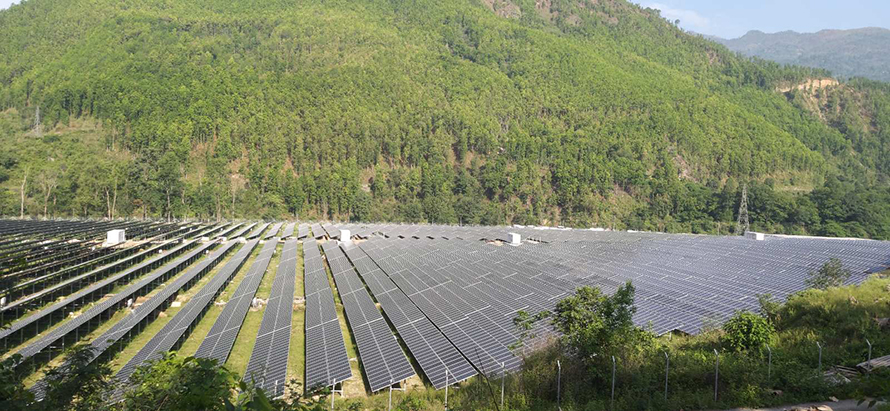Kathmandu, January 24
The Nepal Electricity Authority (NEA) has decided to make the power purchase agreement
(PPA) of the solar-based power (solar plant) project on the basis of competition.
Minister Bhusal said that the decision was taken through PPA competition to make the energy produced from solar accessible, competitive and transparent. ”In order to provide electricity to the people at concessional rates, we have to make the purchase of electricity competitive and transparent. We have started it through solar,” she said.
Stating that the cost of power generation from solar is decreasing according to the latest
technology, Bhusal said, ”According to the previous decision, the PPA rate of solar should have been reviewed in three years.”
In order to make the electricity tariff universally accessible, it has been decided to do PPA
through competition keeping in view the international practice, public demand, balance of
electricity demand and supply and the essence of the prevailing law.
From now on, PPA of electricity generated from solar projects will be done within the perimeter of 10 percent of the total connected capacity in the national grid as per the concept of production amalgamation of power projects.
Earlier, the Procedure on Grid Connected Alternative Power Development approved by the
Ministry of Energy, Water Resources and Irrigation on Magh 25, 2074 BS. It was decided that the rate would be maintained for the project for which the power purchase agreement would be concluded within a maximum of three years.
The decision of the Ministry was implemented by the decision of the Board of Directors of NEA from the 773rd meeting held on Asar 26, 2075.
The three-year rate has not been revised yet. Currently, the price of electricity generated from solar projects is continuously declining in the international market due to the latest
technologies.
NEA has so far signed 110 MW PPA with 21 solar projects. Out of this, 6 projects have been
completed and 29 MW has been connected to the national transmission grid.
The line of companies seeking to invest in solar projects has been long in recent years, but the PPA has been affected as the government has not taken a firm decision on the power purchase agreement (PPA).
According to NEA, if the cost of production per megawatt of a project is cheap then a large
amount of money has to be spent on it. Therefore, a policy has been brought to move ahead with the construction of PPA in competition with those who can generate electricity at low prices.
NEA Executive Director Kulman Ghising has been saying that PPA should be done by competing in price with all kinds of projects. Ghising is of the opinion that consumers should be competing at PPA rate to provide cheap electricity.
In the past, there was a shortage of project promoters (investors), but now the situation has changed, according to the NEA.
PPA is being made mandatory in solar projects at the beginning as there is no competition in PPA and cheap electricity has to be procured at high cost and good projects cannot be taken forward.
The Nepal Electricity Authority (NEA) says that the system needs electricity from solar system including picking and reservoir system to prevent future energy crisis.
With PPA competition, projects can be made cheaper. The authority argues that even if the
electricity of the proposed project has to be sold at a high price in remote areas, the project of Sugam will be able to provide electricity cheaply. This will not put the NEA in financial risk either.
By Karuna Thapa




